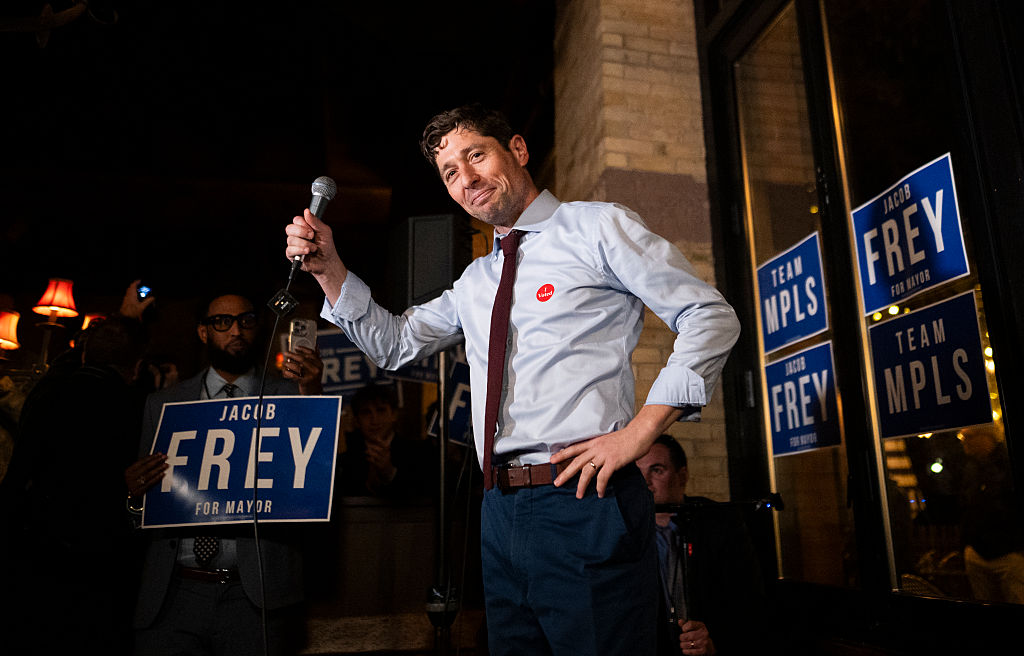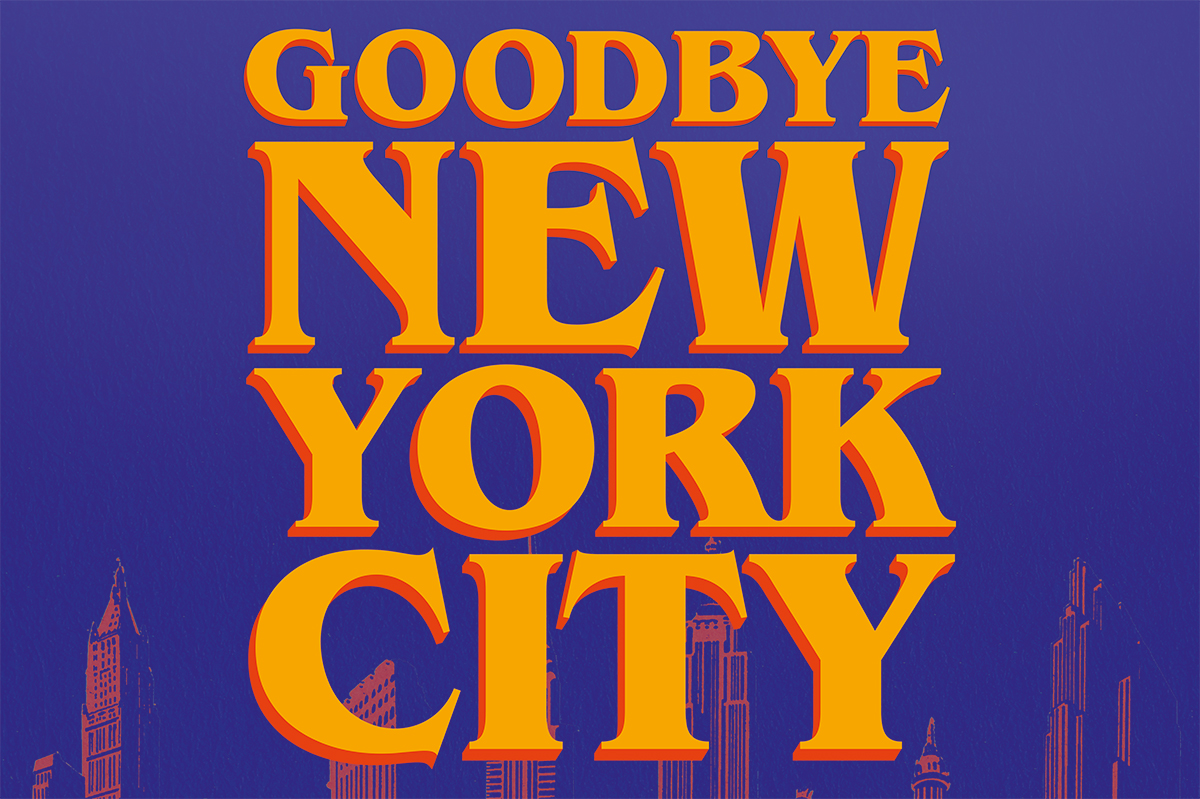Literary mandarin Zadie Smith has waded in deep this time. We’ll see if she’s allowed back to shore.
Smith has been making troubling noises lately, letting off faint signals that her inner life might be insufficiently pasteurised and homogenised for the tongue-clicking clipboard huggers of the modern moral regime.
In a Guardian interview conducted earlier this year, Smith said: “I can’t stand dogma, lazy ideas, catchphrases, group-think, illogic, pathos disguised as logos, shoutiness, ad hominem attacks, bombast, liberal piety, conservative pomposity, ideologues, essentialists, technocrats, preachers, fanatics, cheerleaders or bullies.”
Now, Smith has penned “Now More than Ever”, a sharp, Kafkaesque short story for the New Yorker about a society on edge, bewildered and softly hyperventilating, with each person confusedly obsessed with the sins of her neighbours; a society given to moral panics and pogroms, where denunciations and pile-ons wear the gold-glossy vestments of virtue. The residents of one apartment building keep black arrows in their windows, and reposition them daily to point towards the windows of the day’s most sinful neighbours.
Smith’s imagined society is stridently self-confident, and compels its citizens to believe that the past was exactly like the present; that what we now call sins were sins in full in every previous epoch; and that our table of sins will stand for a thousand years, judging all comers from every corner. The penalty for dissent is ostracisation.
You might be tempted, reading this, to cast your mind back to Salem in the 17th century. But something here feels all too current. In one scene the narrator, a philosophy professor in New York, is reprimanded for objectifying the objectively beautiful movie star Montgomery Clift – she’s reminded that women are not to be treated as objects, and so neither are men. She has no answer to the charge, and so returns her attention to her popcorn.
Smith seems bent on paying attention to individuals, and somewhat leery of large, galvanising narratives. “To the suffering person suffering is solely suffering,” she writes. “It is only for others, as a symbol, that suffering takes on any meaning or purpose. No one ever got lynched and thought, Well, at least this will lead inexorably to the civil-rights movement. They just shook, suffered, screamed, and died. Pain is the least symbolic thing there is.”
This is humane and decent stuff. Uncontroversial, you would think, among adults who’ve paid a lick of attention to their lives, and how things go here on earth.
You might think that, if you hadn’t been paying attention to the methed-up hyena lair of online political discourse. Sure enough, the centre-left commentariat has reacted with snorting distaste to Smith’s story, published, no less, in the soft central heart of right-thinking America. Isaac Chotiner of Slate, once an editor for the New Republic’s golden-age literary section, under the leadership of brilliant editor, self-styled Casanova and #metoo casualty Leon Wieseltier, described the piece as “extremely reactionary.” Sic transit, eh Leon?
The New Republic’s Josephine Livingstone seemed flatly convinced that Smith’s story matters. She wrote: “There’s not so much a lack of nuance here as a big privacy curtain erected around the way that Zadie Smith actually feels about the many abusers whose tenure protects them in their jobs, who can only really be damaged through publicity, because that’s the world that, say, NYU has built for them. What is Zadie Smith thinking? I cannot tell you.”
Good Lord. Private feelings? Unarticulated opinions? In a short story? Stop the wordpresses immediately until this she-devil of the mist has explicated her campus politics in detail – crisp, declarative detail. Hashtagged, please. We’re short on time and attention, and we crave bright labels.
Livingstone closed out her inquisition with this verdict: “In the end the reader is left in a forest of signs pointing in conflicting directions. Which way is the right way? Is that signpost actually a big black arrow pointing at some poor victim in a window? Is this the conclusion—that we walk through a big dark wood of moral ambiguity? It’s not wrong, but I’m lost.” I did not feel similarly lost, but then, I wasn’t reading to see what Z. Smith thinks about the tenured abusers at NYU, specifically.

























